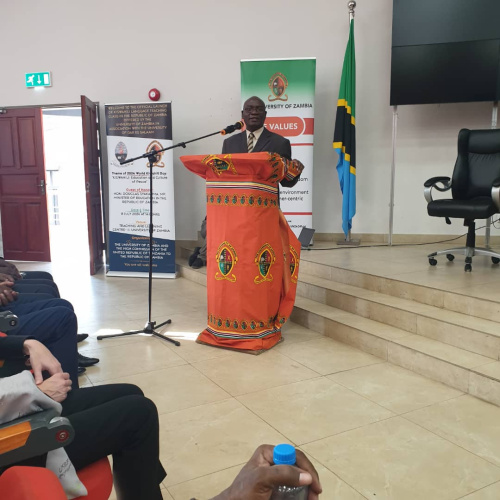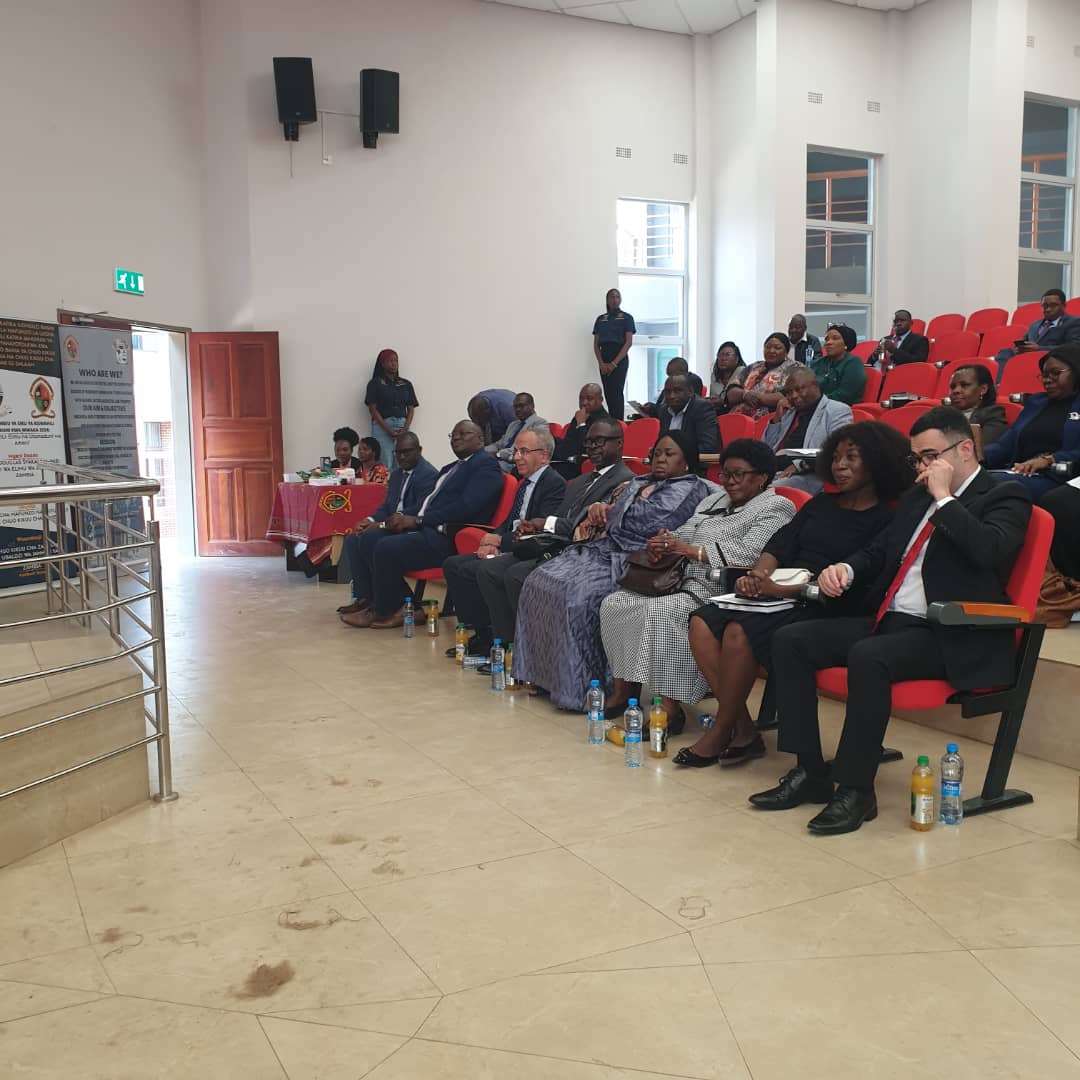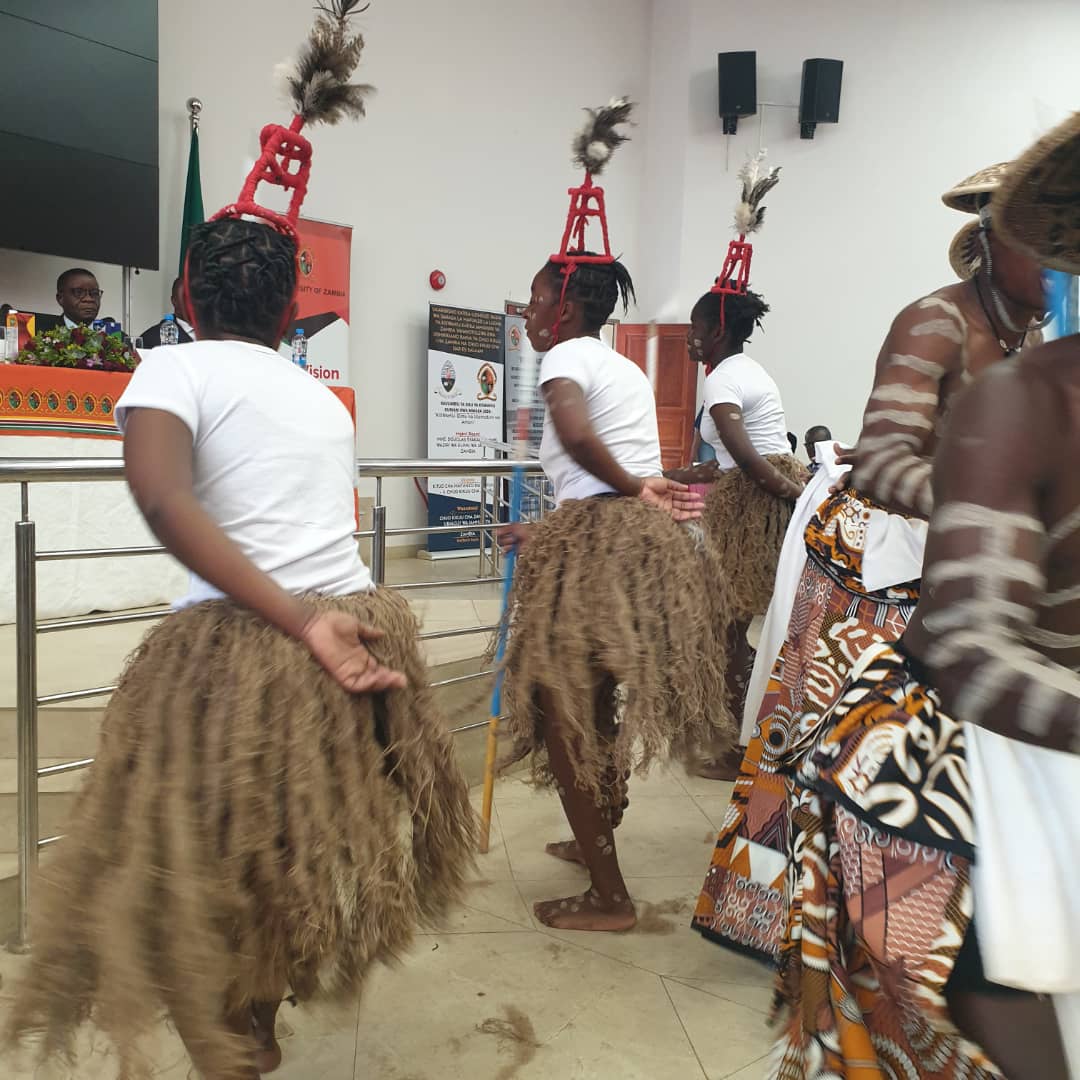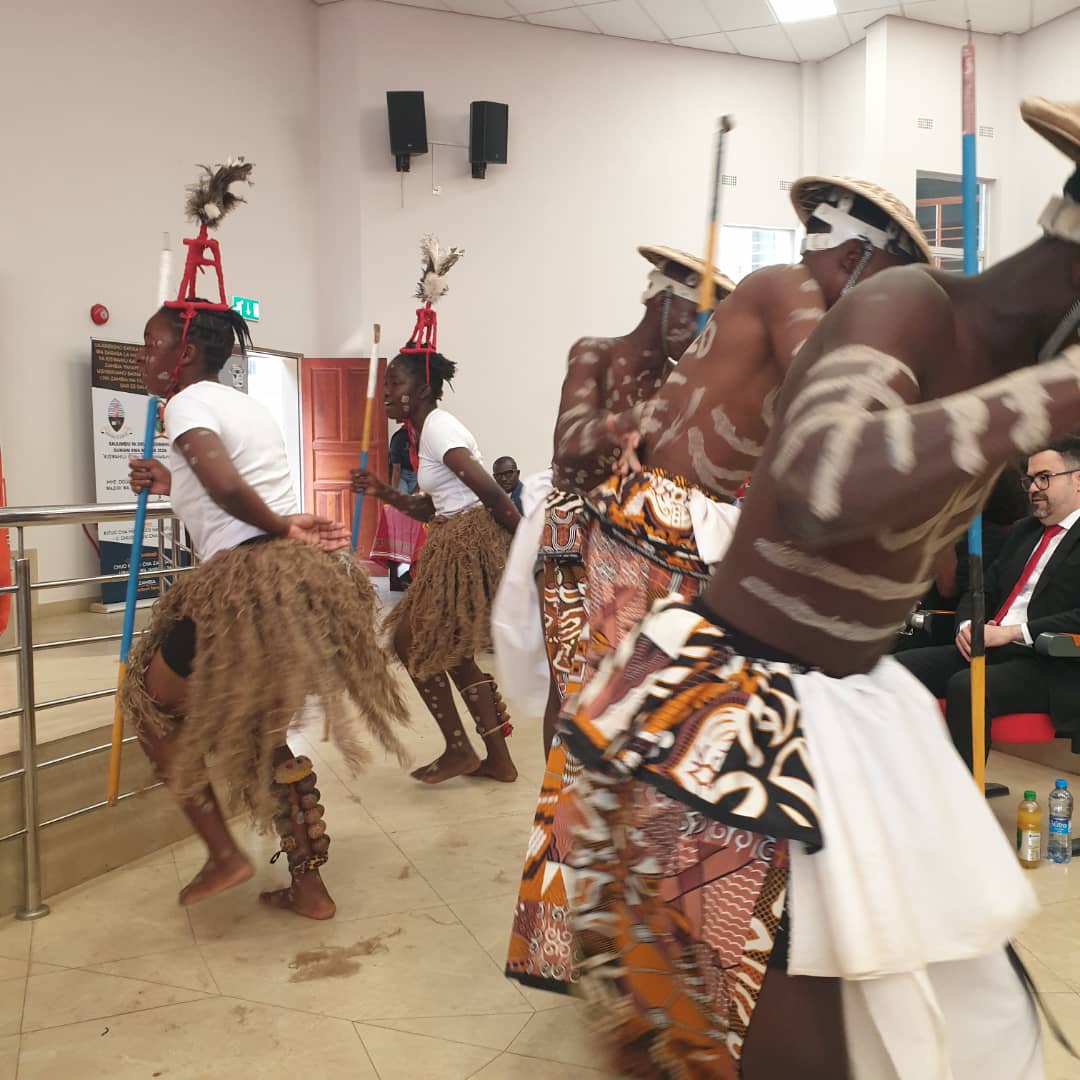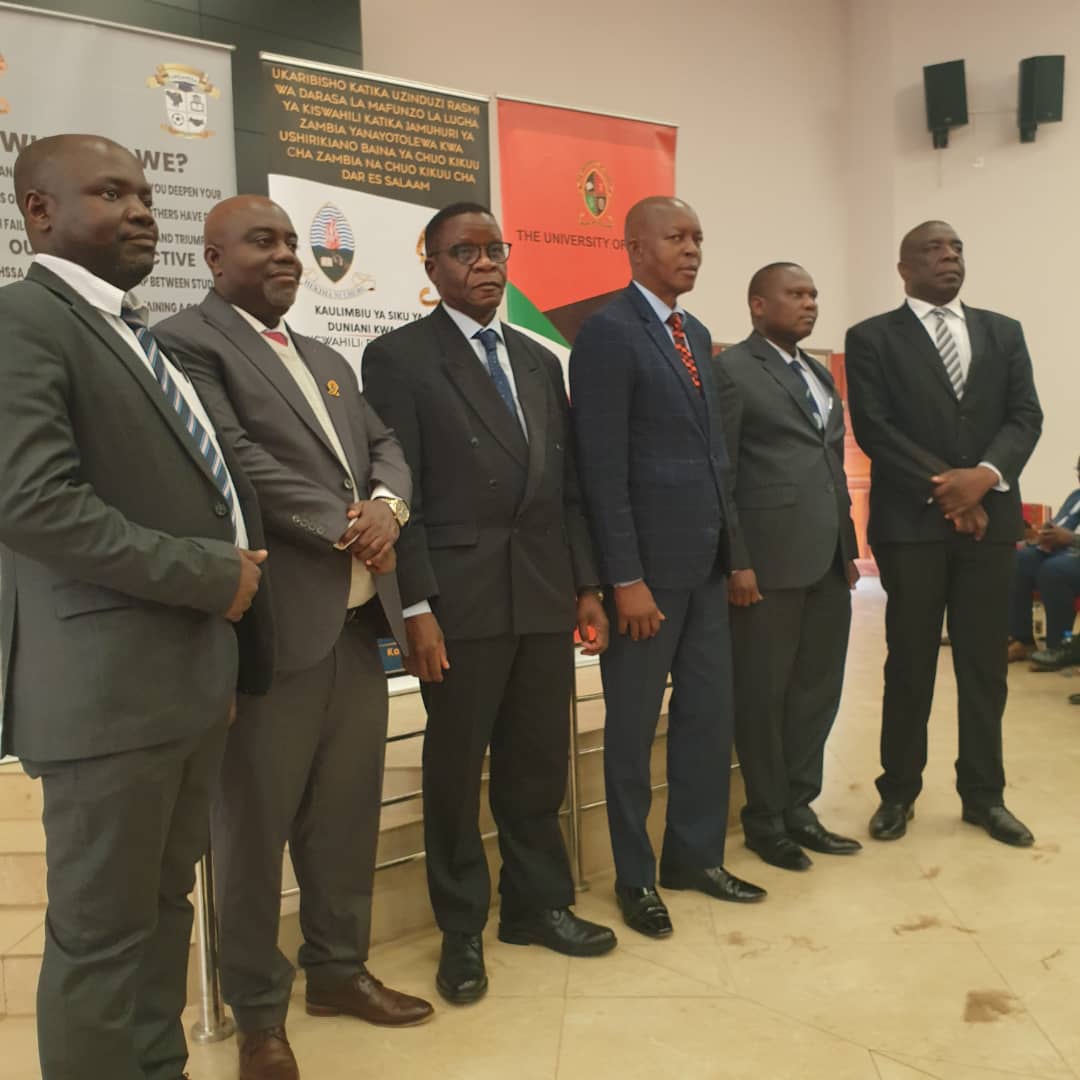Kiswahili introduced at the University of Zambia
Special Correspondent, CMU
The University of Zambia (UNZA), in collaboration with the University of Dar es Salaam (UDSM) and the High Commission of the United Republic of Tanzania in Zambia, has introduced Kiswahili language courses in its School of Humanities.
This initiative, which makes UNZA the latest entrant in the long and growing list of universities and higher learning institutions to include the language in their curriculum, stems from a Memorandum of Understanding (MoU) signed between UNZA and UDSM on 14 July 2023.
The Vice Chancellor of UNZA, Professor Mundia Muya, highlighted this development during the launch of the Kiswahili short courses programme in Lusaka, Zambia early July, 2024.
“The launch of the short courses programme in Kiswahili brings together two institutions that each in their own right stand tall in the field of language studies”, said Prof. Muya.
The Tanzanian High Commissioner to Zambia, H.E. Lt. Gen. Mathew Edward Mkingule, expressed Tanzania’s commitment to promoting Kiswahili. He stated, “Tanzania would support this initiative by providing learning materials, instructors and fostering cooperation between the institutions to establish both short and long-term Kiswahili programmes”.
H.E. Mkingule also noted that following the launch of the Kiswahili Language Teaching Class at the University of Zambia, “the next phase will involve facilitating an exchange visit for officials from UNZA to the University of Dar es Salaam in Tanzania to build capacity among their Kiswahili language trainers”.
An important tool for decolonisation of the African education system
Zambia Education Minister, Hon. Douglas Syakalima observed that Kiswahili language was an important African tool in the process of decolonisation of the education system. “Kiswahili language plays a crucial role in creating a shared understanding of cultural values and practices within the African communities”.
He added that Kiswahili language holds the potential for contributing to increased trade volumes among the African Union member states.
Meanwhile, UDSM Vice Chancellor, Prof. William A. L. Anangisye said that his institution was committed to ensuring that Kiswahili, which is now officially among the ten widely spoken languages in the world, with more than 250 million speakers in and outside the African continent, was taught in many parts of the world.
“Our aim is to take Kiswahili, which is among the widely spoken languages and a tool for unifying people and vital instrument for culture, to various parts of Africa and the world at large. The language manifests as an important means to facilitate human development”, said Prof. Anangisye.
In the same vein, Prof. Anangisye recalled, in October, 2023 the University of Cape Town (UCT) in South Africa, in collaboration with the University of Dar es Salaam, officially launched the Kiswahili studies academic programme. At UCT, Kiswahili language is now offered in the School of Languages and Literatures in the Faculty of Humanities, in partnership with UDSM Institute for Kiswahili Studies (IKS).
Widely spoken and studied language in Africa
Out of more than 2,000 active languages in Africa, Kiswahili is the only one which is widely spoken and studied and the only language from the continent recognised by the United Nations which approved 7th July every year to be Kiswahili Day. Kiswahili is also a working language in the African Union (AU), Southern Africa Development Community (SADC), and East African Community (EAC) and taught in many universities worldwide.
Kiswahili’s fast-growing popularity is hardly surprising. The language has been all along since pre-independence period considered a language of liberation and unity. In Tanzania, for example, Kiswahili is credited for fostering peace and unity in a country where there are more than 130 ethnic languages.
Other News
Wed, 08.Jan.2025 : President Mwinyi proclaims UDSM-IMS role in Blue Economy policySun, 05.Jan.2025 : Ministry of Blue Economy, UDSM in key conversations ahead of historic Foundation Stone laying at IMS
Fri, 20.Dec.2024 : ALAF Limited yatoa ufadhili wa masomo ya Umahiri katika Kiswahili kwa wanafunzi wa UDSM
Thu, 19.Dec.2024 : UDSM Herbarium: an invaluable resource fostering conservation, plant taxonomy and ecology
Sat, 14.Dec.2024 : Tracer study findings stress on curriculum to meet national human resource needs
Sat, 14.Dec.2024 : Prof. Mushi calls for ethical and inclusive innovation as Africa higher education leverages AI
Fri, 13.Dec.2024 : UDSM kuwa kituo cha utafiti wa Sayansi ya Bahari barani Afrika
Fri, 13.Dec.2024 : Multi-billion Sida funds to boost research on sustainable development at UDSM


